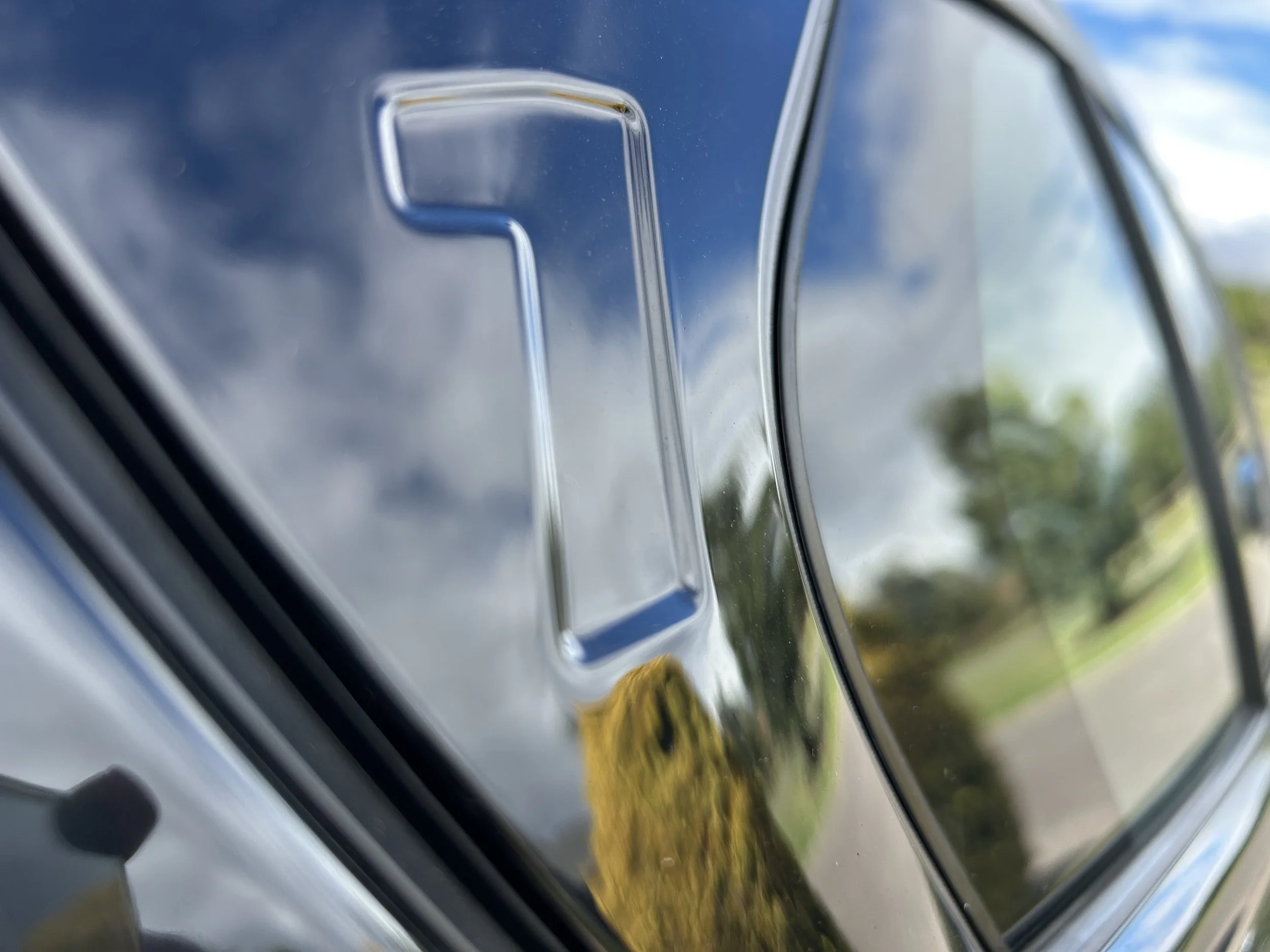Popular SUVs, ute and van snared in Toyota testing issue
/Admission of ‘irregularities’ has compelled Japan’s No.1 to suspend shipments of popular diesel models - including Hilux - but New Zealand is unaffected.
NO local fallout from Toyota’s admission to cheating certification testing for diesel engines used in its highest-profile off-roaders and a big selling van.
That’s the comment from Toyota New Zealand tonight, in respect to Japan’s No.1 having decided to “temporarily suspend shipments” of affected engines, which include the 2.8-litre unit that powers Kiwi-popular models, headed by the Hilux.
The one tonne ute, its SUV spin-off Fortuner, the HiAce van, LandCruiser 300 Series, Prado and Lexus LX have been drawn into the situation, admitted by the parent brand today.
In wake of Toyota Japan issuing forthright comment overnight, Toyota New Zealand has spoken - and assured all is well.
A statement from Toyota Japan said it has discovered “irregularities during the horsepower output testing” of three engines - the 2.8-litre '1GD' turbo-diesel four-cylinder, 2.4-litre '2GD' turbo-diesel four-cylinder, and 3.3-litre 'F33A' twin-turbo diesel V6.
As result, it has decided to “temporarily suspend shipments” of the affected engines, as well as vehicles powered by them.
Aside from the lines listed above, which come here as NZ-new product, the situation affects models that potentially could have arrived as used imports. These are there Innova people mover, Granace/Mazda Bongo Brawny van twin and Dyna/Dutro trucks.
Toyota Japan says approximately 84,000 vehicles sold under 10 nameplates are affected globally. The new-generation Prado due in New Zealand later this year is not affected.
In a statement issued at 8.27pm tonight, which it asked to be attributed to a Toyota spokesperson, TNZ said: “We want to assure our valued customers in New Zealand that the irregularities in horsepower output certification tests reported by Toyota Industries Corporation (TICO), an affiliate of Toyota Motor Corporation, do not apply to any Toyota vehicles sold in New Zealand.
“Our vehicles in New Zealand are correctly represented and perform according to technical specifications, meeting all government regulations.
“Toyota Motor Corporation will work through the certification process; however, we have full confidence that Toyota New Zealand’s vehicles meet the required performance standards and apologise for any concern this news may have caused.
“We want to reassure our customers that their vehicles are unaffected, and they can continue to drive with confidence. We appreciate the ongoing support of our New Zealand customers.”
Toyota Japan says it was alerted to the so-called "irregularities" by a report commissioned to investigate potential cheating in emissions certification tests for forklifts and construction machinery by its Toyota Industries Corporation (TICO) division, which develops diesel engines.
However the issues in the diesel-engine certification tests are related to power ratings, rather than emissions, according to the Japanese car giant.
“The investigation found that irregularities occurred during the horsepower output testing for the certification of three diesel engine models for automobiles that Toyota had commissioned to TICO,” Toyota said in a statement, lodged on its international media website.
“During certification testing, the horsepower output performance of engines was measured using ECUs [engine control units] with software that differed from that used for mass production so that results could measure to make values appear smoother with less variation.
“Ten vehicle models are using the affected engines globally, including six in Japan.”
Toyota claims it has re-tested the affected engines and is satisfied they meet “engine performance output standards.”
“Therefore, there is no need to stop using the affected engines or vehicles. However, we deeply apologise to our customers who have been supporting affected vehicles and waiting for a long time, and also to all other stakeholders for the significant inconvenience and concern that this has caused.”
There is as yet no clarity as to how long the supply suspension will last.
This issue comes just months after Toyota's small-car division Daihatsu – which sells cars marketed as Toyotas in some regions – was caught rigging crash-tests for vehicles sold in South-East Asian countries.
In 2022, Toyota's truck division, Hino, was found to have falsified emissions and fuel-efficiency data on engines dating back to 2003.



















